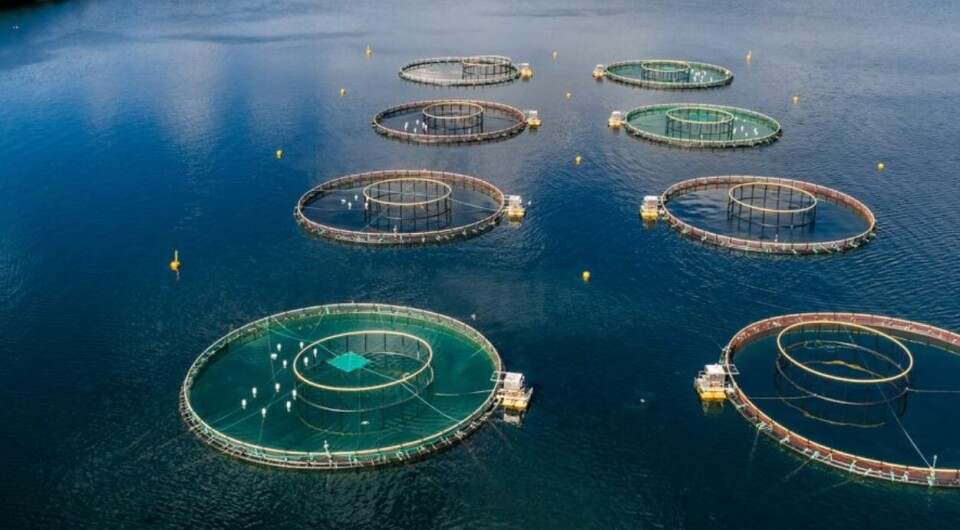
‘Transparent’ Mowi ranked high on sustainability table
The world’s biggest salmon farmer, Mowi, has been ranked highly in a sustainability league table of the world’s 30 most influential companies in the seafood industry.
The World Benchmarking Alliance (WBA) measures actual performance of the companies against the Sustainable Development Goals set by the United Nations.
But the Alliance points out that all the companies can improve, with none scoring more than 2.7 out of 5.
Mowi is second in the table, behind Thai Union Group.
Cermaq in eighth place
The Mitsubishi Corporation, which owns salmon farmer Cermaq, is eighth (1.79/5), and Austevoll Seafood ASA (1.70/5), owner of Norwegian salmon farmer Lerøy, is 10th.
Another Norwegian salmon farmer, SalMar (1.50/5), which jointly owns Scottish Sea Farms with Lerøy, is in 13th place.
Cooke (0.41/5), which farms salmon in Canada, Scotland, Chile and the US, occupies in 25th place.
Feed producers
Feed producers BioMar (2.22/5), Cargill (1.77/5) and Skretting owner Nutreco (1.86/5) are fourth, sixth and seventh respectively.
The WBA is funded by the Dutch, Danish and UK governments and the Aviva Foundation.
It was launched in 2018 with a remit to deliver change in the way that business impact is measured to boost motivation and stimulate action towards a sustainable future.
Its ranking is based on five different measurement areas:
- Governance and management of stewardship practices
- Stewardship of the supply chain
- Ecosystems
- Human rights and working conditions
- Local communities
Good examples but low overall
Summarising its results, the WBA said some companies are performing well in certain areas, working with leading industry practices.
It added: “We found strong sustainability strategies, sourcing practices and human rights policies. There were some good examples of how companies manage the environmental impact of their operations and how they work on initiatives for more sustainable fisheries and aquaculture.
“However, the overall performance of the industry is low. This can be explained by the fact that the industry has been benchmarked against the UN SDGs. An ambitious agenda for the next decade, which the world has collectively agreed upon. The industry’s performance indicates that seafood companies need to do more to deliver on the SDGs. Particularly, addressing its impact on ecosystems, human rights and interaction with local communities.”
Robust commitments
The WBA praised Thai Union’s targets, robust environmental and social commitments and activities that it reports publicly, and a responsive approach to human rights violations in the Thai seafood industry.
It said Mowi and third-placed Charoen Pokphand Foods had both demonstrated their strength across most measurement categories.
Mowi topped the ranking for the most transparent company with a strong sustainability strategy, detailing how it manages the impacts of its farming operations.
Both companies are feed producers and, along with BioMar, Cargill and Skretting, provided higher levels of disclosure over sourcing than their peers.
The full report can be read here.























































